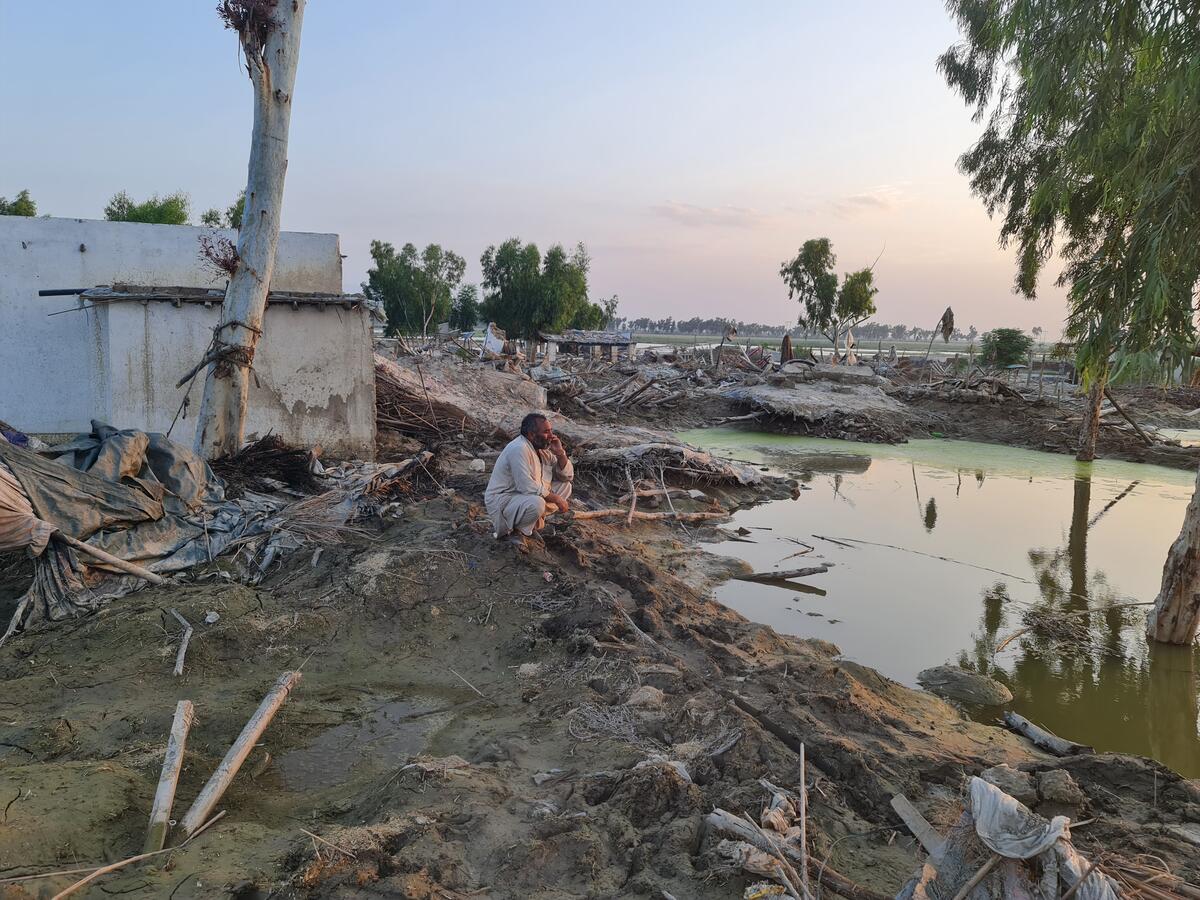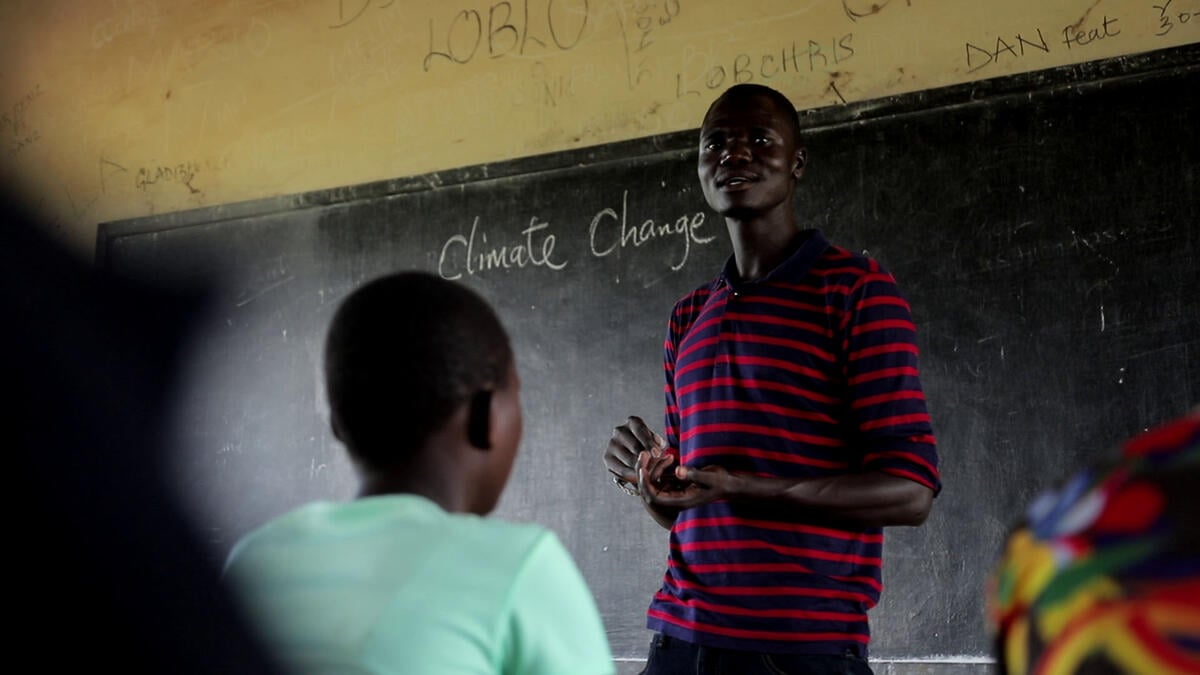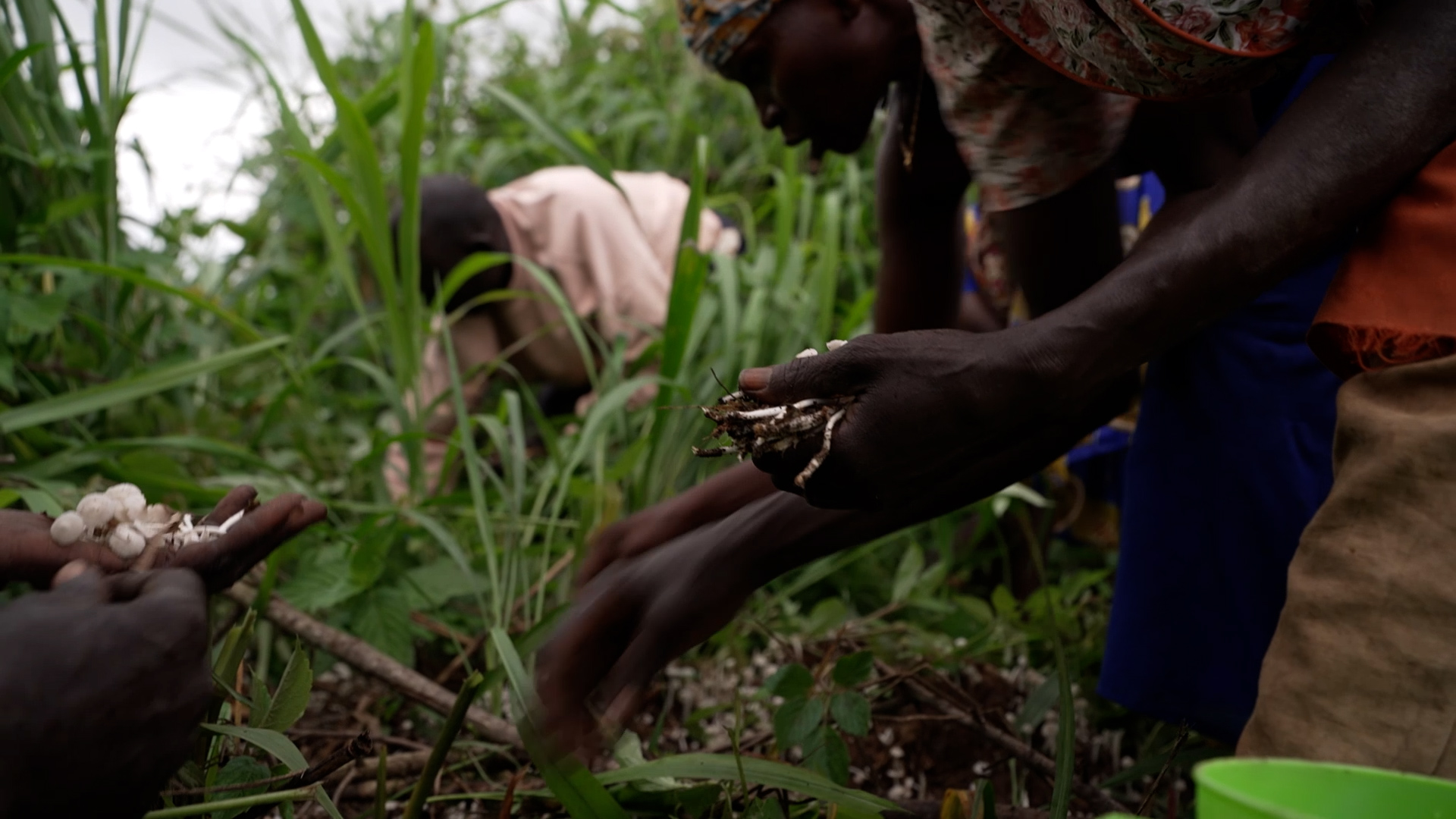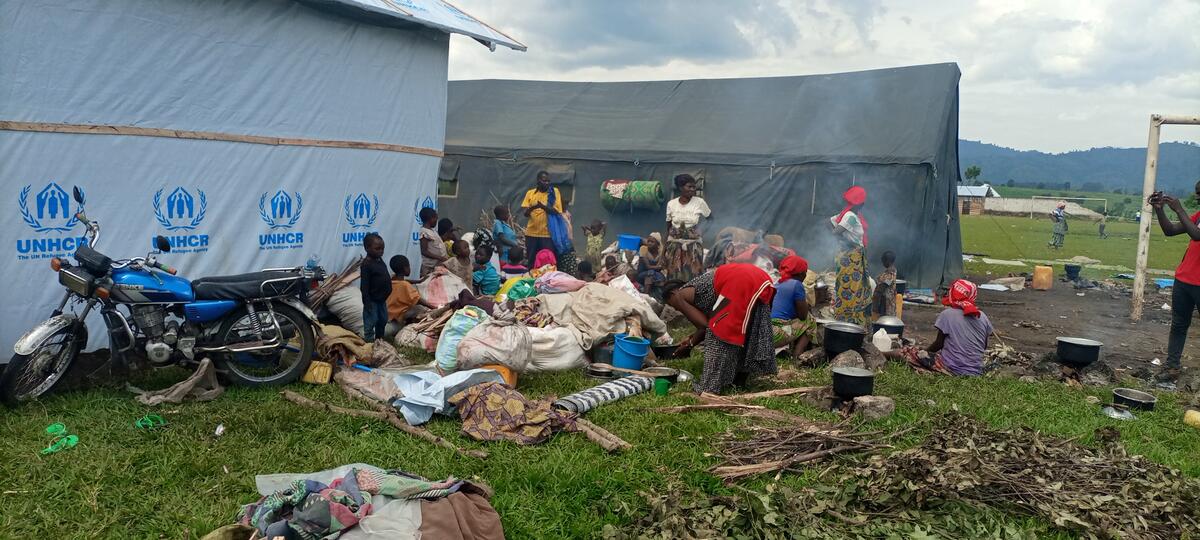Uganda mission by UNHCR Executive Committee chairman
Uganda mission by UNHCR Executive Committee chairman
The Chairman of UNHCR's Executive Committee, Ambassador Ichiro Fujisaki, arrived in Kampala, Uganda, yesterday (Thursday) for a three-day visit during which he will inspect UNHCR's programmes for refugees and displaced Ugandans - some of whom have already began returning home to villages they left nearly two decades ago. With the recent signing of a peace agreement between the Uganda government and the Lord's Resistance Army (LRA), coupled with improved security in many parts of the north, we expect that up to half a million displaced Ugandans could decide to return to their villages in the coming months.
Amb. Fujisaki's visit to Uganda is his second to Africa since his election as 'ExCom' Chairman in October last year. He has also visited Burundi. The Executive Committee is UNHCR's 70-nation governing body which reviews and approves the organisation's programmes and budget, and provides advice. This year, its annual meeting will take place the first week of October.
Amb. Fujisaki is scheduled to meet today with Ugandan Prime Minister Moses Ecweru and other senior government officials before travelling tomorrow (Saturday) to Gulu and Lira in the north. The two districts are among four locations in northern Uganda where UNHCR is starting new programmes, alongside other UN agencies and NGOs, to assist up to 1.5 million displaced Ugandans. We also expect to expand operations to Kitgum and Pader before the end of this month.
Early this year, UNHCR opened new offices in Gulu and Lira in preparation for our operations to aid the return of the nearly 800,000 internally displaced persons (IDPs) living in the two districts.
As security improves gradually in the north, some IDPs have already moved back to their villages of origin. Many others, however, remain cautious, preferring to spend only the day in their villages tilling their land, then returning to the camps at night. This is a formula that has been used for years by communities living in the north, in particular children, to escape marauding bands of the LRA who are notorious for kidnapping and abusing children.









